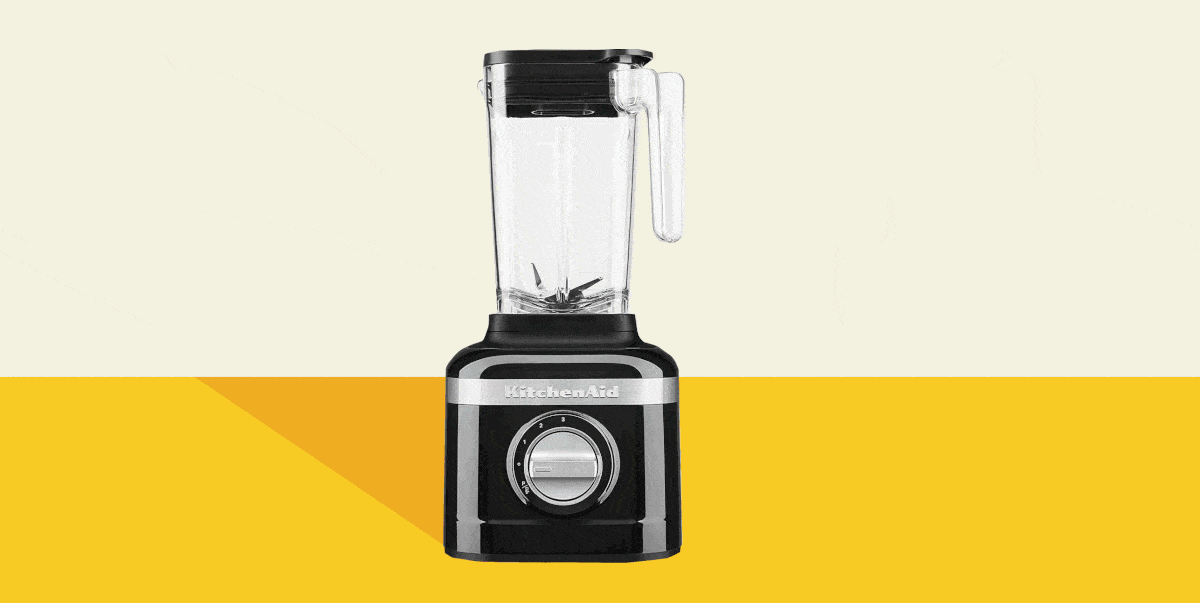
Blades: The sharper the blades, the better the blender, right? Actually, that’s not so. Because blades tend to dull over time, you should focus more on the strength of the blades rather than the sharpness. This not only extends the longevity of your appliance, but it also makes it stronger and safer to clean.
Size: Depending on how often you use your blender and where you plan to store it, size could end up being a pretty significant deciding factor. Each size has its pros and cons: Compact, lightweight models are easier to stow away in a cupboard, but they’re also more likely to bounce around while in use. Meanwhile, larger models don’t have that same small footprint or level of portability, but you can count on their durability. Furthermore, you should take height into account—after all, the last thing you want is to bring home your shiny new blender, only to find it’s too tall to fit under your kitchen cabinets. If you come to the conclusion that a full-size blender may not be a good fit for your kitchen, that doesn’t mean you have to lose out on all the convenience and tasty treats blenders have to offer. Check out our recommendations for the best immersion blenders as a compact alternative.
Glass vs. Plastic: You can’t go wrong with either glass or plastic, but there are definitely pros and cons to both. Glass is heavier, more attractive, and very durable, but a lot of high-powered blenders don’t use glass containers because they’re not guaranteed to be completely shatterproof. However, if you really love the idea of glass, we suggest finding a model with a glass carafe that’s been thermal-shock tested, which means you can take it straight out of the dishwasher and blend up a milkshake. Plastic, meanwhile, is more lightweight and less likely to crack, but it’s also more likely to stain or retain odors. If you do choose to go the plastic route, check out options made from Tritan plastic, which is BPA-free and strong enough to take a beating from a blender’s high-powered blades.
Wattage: In some cases, the higher the wattage, the more powerful the appliance. While this isn’t necessarily the case for every blender, wattage is still a factor you want to keep in mind—in conjunction with a machine’s overall design—when gauging a blender’s performance.

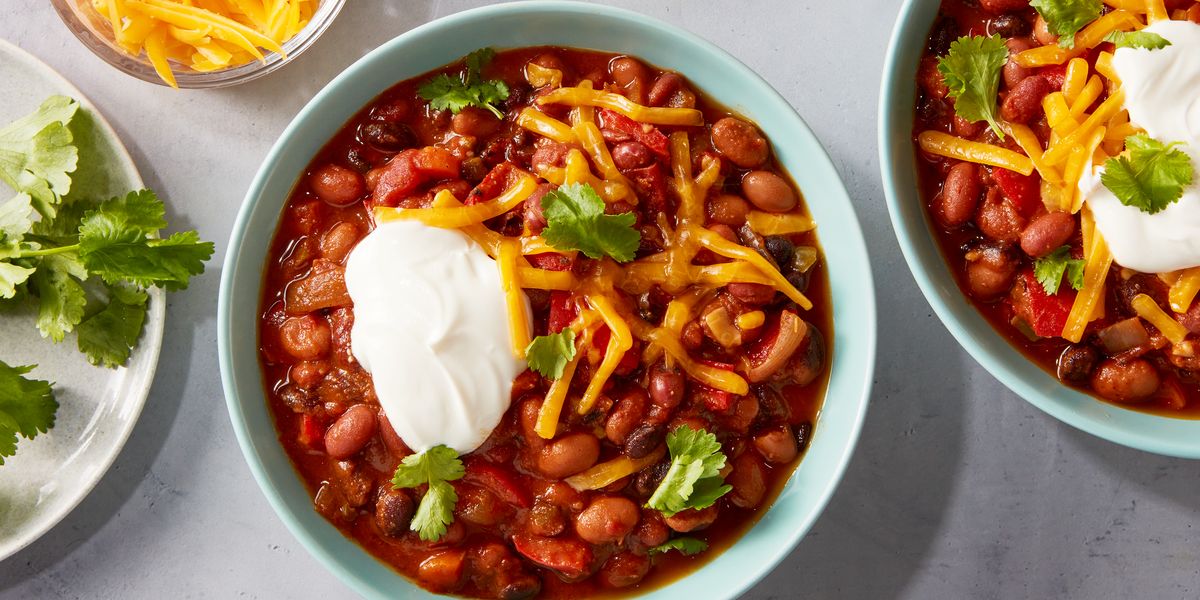
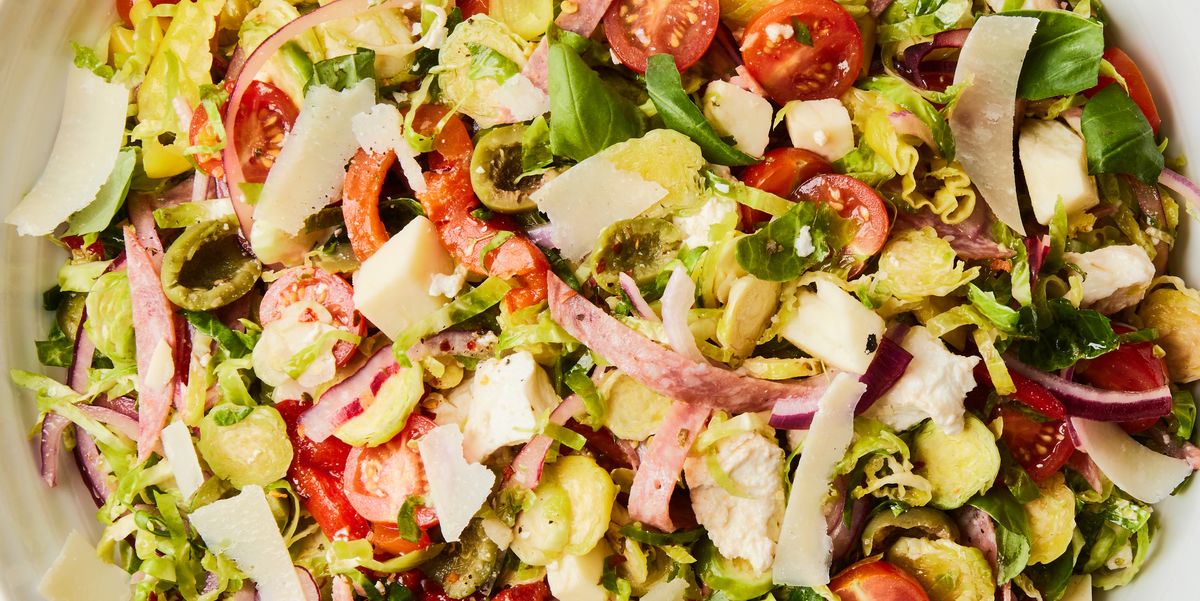
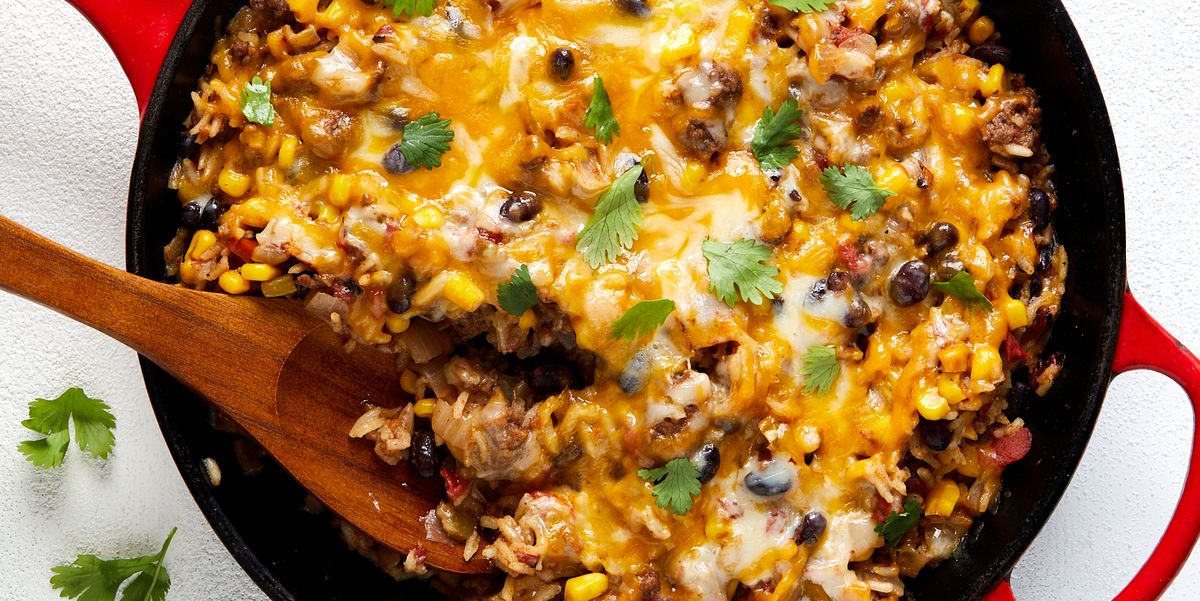
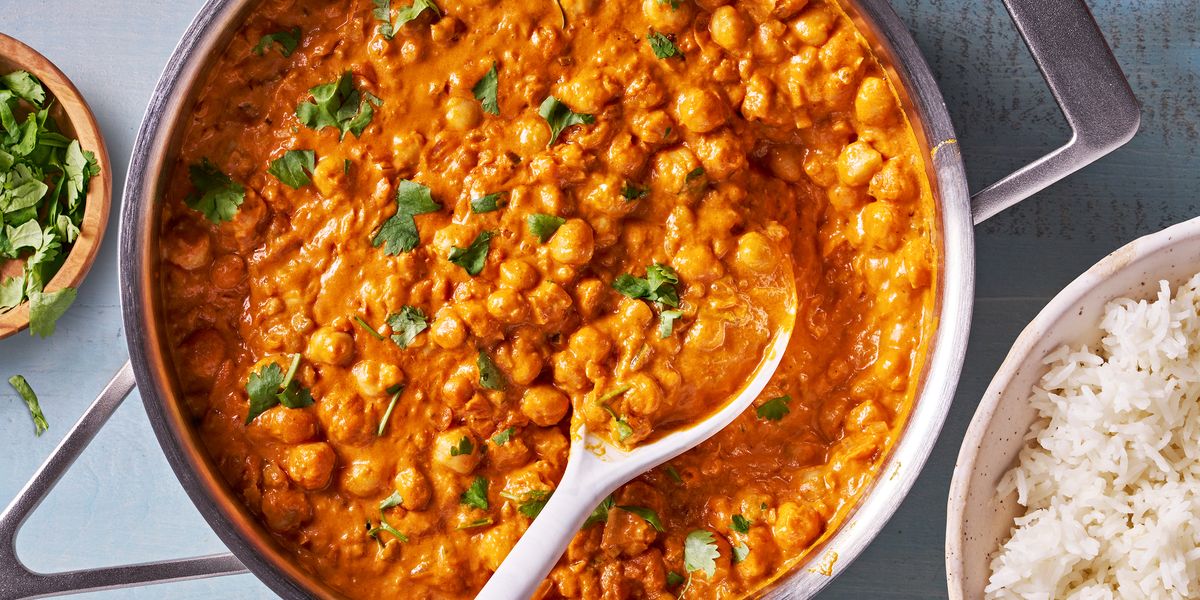







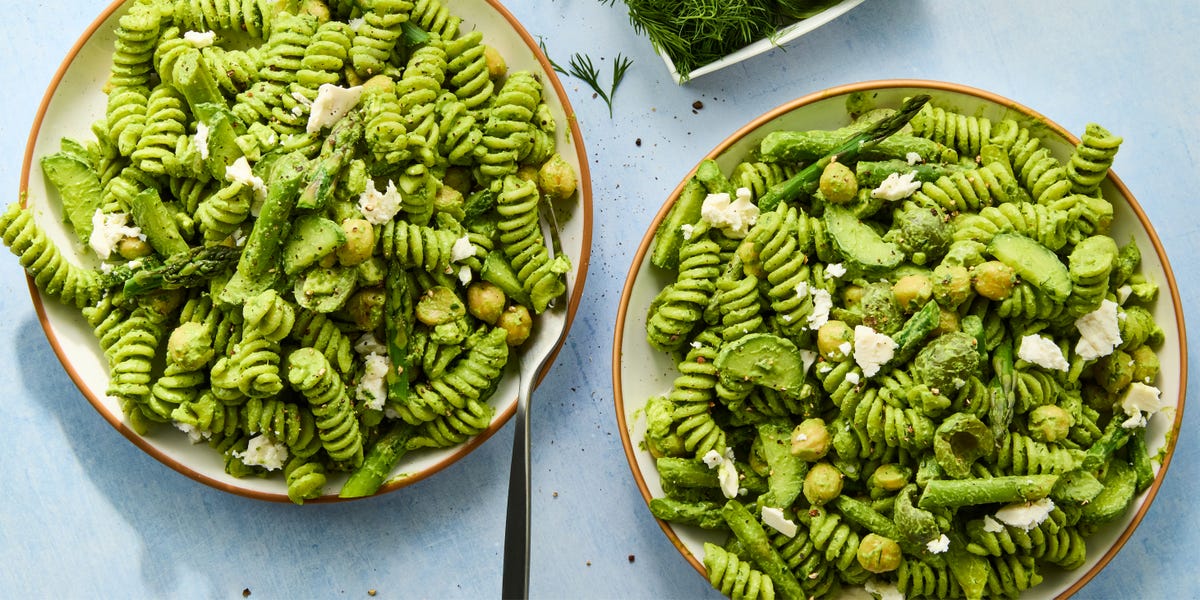

Leave a Reply